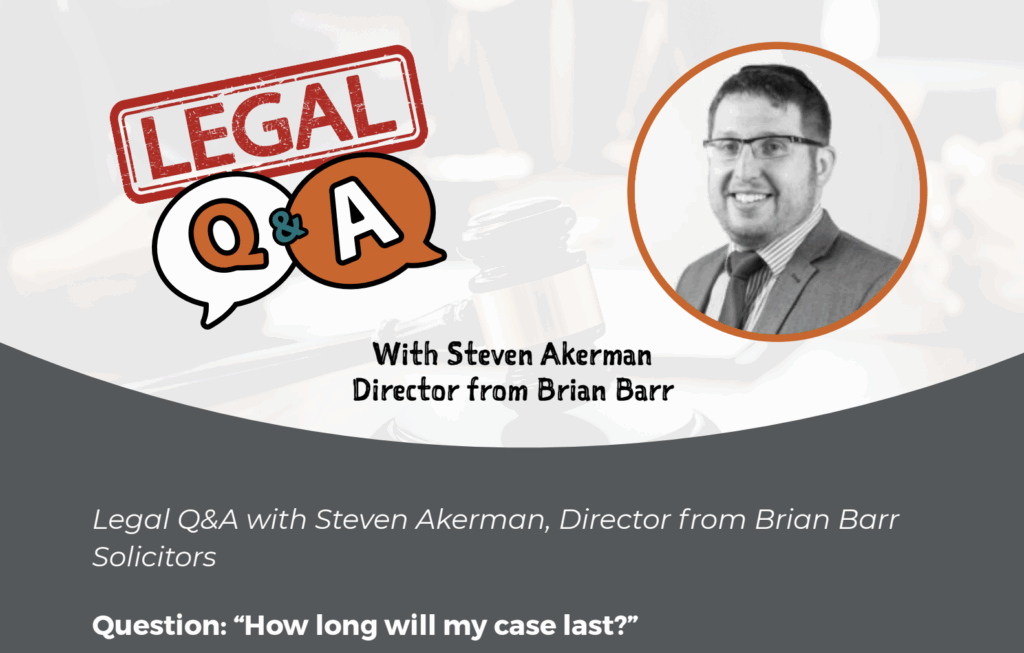Personal injury cases are often complex legal matters that require a thorough examination of the evidence to establish liability and ensure fair compensation for the injured party. Fibromyalgia, CRPS, FND, and chronic pain are often classed as invisible disabilities, making it even more difficult to show. Which is why, among the crucial pieces of evidence, medical records play an indispensable role in building a strong case, establishing the extent of injuries and determining liability.
Medical records provide an objective and professional account of the injuries sustained following an accident. These records include details of medical examinations, diagnoses, treatments, and the overall progress of recovery. This documentation serves as a foundation for establishing the link between the accident and the injuries, providing a clear timeline and supporting the claims, which is why it is important to have specialist medical professionals to examine the case. As expert personal injury solicitors in Manchester, Brian Barr Solicitors are leading fibromyalgia, CRPS, critical illness and chronic pain solicitors, and have specialised in these areas for 15 years. We therefore have extensive connections with the foremost medical professionals in these specialised fields, ensuring our clients receive unparalleled expertise and support.
One of the primary challenges in personal injury cases is proving that the injuries were a direct result of the accident in question. This can be even more complex when there is an existing medical history of fibromyalgia or chronic pain. Medical records play a key role in establishing causation by connecting the injuries to the specific incident. Expert opinions and medical narratives within these records provide valuable insights into how the accident led to the injuries, thereby establishing your case.
An accurate assessment of damages is crucial in personal injury cases to ensure fair compensation. Medical records help quantify the extent of physical and psychological injuries, allowing us to calculate the financial and other damages you have suffered. This includes medical expenses, rehabilitation costs, lost wages, as well as pain and suffering.
Additionally, medical professionals can serve as expert witnesses in personal injury cases, offering their insights based on the information contained in the medical records. Their testimony can be invaluable in court, providing a credible and authoritative perspective on the nature of the injuries, the required medical treatments, and the long-term consequences.
Medical records are the linchpin that hold together a strong and compelling case and can strengthen our negotiating position when engaging in settlement discussions. The clarity and specificity of medical documentation can add weight to serious injury claims, ensuring you receive the justice and compensation you deserve.
We do not endorse any research, studies or sources mentioned within our blogs and comments. The blog is for information purposes only as we are not medical professionals. We do not endorse any medical advice provided and would strongly recommend anyone seeking medical advice to contact their local healthcare provider before any changes to treatment and / or management of your condition is undertaken.
















